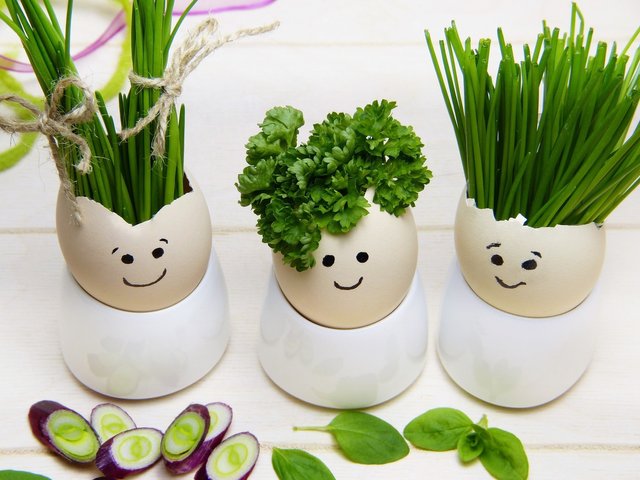
We'll go over five different foods that are incredibly beneficial to maintaining good hair.
Hair cells are your body's second-fastest-growing cells, behind intestinal cells. Your body will never prioritize your nutritional demands for hair because it is not a critical organ or tissue. Because hair is perishable, a nutritional imbalance will typically manifest itself first in the form of hair loss. To work properly, your hair cells, like the cells throughout your body, require a balance of proteins, complex carbohydrates, iron, vitamins, and minerals.
There are a variety of foods that include critical nutrients that can help encourage hair development, especially if you're suffering from hair loss due to poor nutrition.
Hair growth is affected by calorie and protein deprivation because hair follicles are among the most metabolically active in the body.
as well as a lack of micronutrients As a result, we'll take a look at the five categories of finest foods.
These important elements can be found in these foods.
Iron
The most frequent dietary deficiency in the world is iron deficiency, which is a well-known cause of hair loss. Veggies including spinach, lentils, tofu, chickpeas, and collard greens are high in iron. Almonds, cashews, and pistachios are examples of nuts.
Non-vegetarian sources of iron are helpful because they contain heme iron, which is easier to absorb. Chicken breast, lean meat, fish, beef, liver, egg yolks, and other foods are good sources.
Vegans and vegetarians are also at a higher risk of iron insufficiency since their dietary iron requirements are 1.8 times higher than those of meat-eaters. Plants contain non-heme iron, which has a lower bioavailability than heme iron, which is present in meat and fish.
Zinc
Zinc is a vital mineral for protein synthesis and cell division since it is required by hundreds of enzymes. As a result, it's an important part of hair follicle formation.
Pumpkin seeds, sesame seeds, watermelon seeds, red meat, shellfish, nuts such as almonds and cashews, and vegetables such as spinach and mushrooms are all high in zinc.
Biotin
Biotin, often known as vitamin B7 or vitamin H, is essential for hair follicle growth since it is required for protein synthesis. It is also necessary for the normal growth of your nails. Skin rashes, conjunctivitis, and hair loss are all signs of a deficit. Vitamin B7 or biotin is found in foods such as eggs, almonds, cheese, sweet potatoes, mushrooms, spinach, and legumes.
Diffuse hair loss is frequently caused by biotin and zinc deficiency. So, if you have a lot of hair loss, you might think about taking zinc and biotin supplements.
In the description box below, I've included links to various biotin and zinc supplements.
Omega Fatty acids.
OMF deficiency, particularly omega-3 and omega-4 fatty acid deficit, is highly frequent and causes symptoms such as hair greying and loss of scalp hair since these fatty acids are critical for hair follicle formation. Omega-3 fatty acids are abundant in fatty fish such as salmon, herring, and mackerel. Fatty fish is also high in protein, selenium, vitamin D3, and B vitamins, all of which may aid in the growth of strong and thick hair.
You may also want to think about taking omega fatty acid supplements.
Vitamin D
According to animal research, vitamin D plays an important function in the hair follicle growth cycle. Vitamin D receptors are most active during the hair follicle's development phase.
Vitamin D deficiency is quite widespread, and risk factors include insufficient sun exposure, dark skin, obesity, gastric bypass, and fat malabsorption.
Whole milk, cheese, butter, eggs, nuts like walnuts, and seafood like tuna, sardines, salmon, and mackerels are all good sources of vitamin D.
Also, get 10-15 minutes of sun exposure every day, as this is necessary to convert the vitamin D in your body into its active form.
So there you have it, gentlemen, the five types of nutrients that are required for healthy hair and the prevention of hair loss. Finally, I'd want to send you all my best wishes.
Continue to be healthy and joyful.